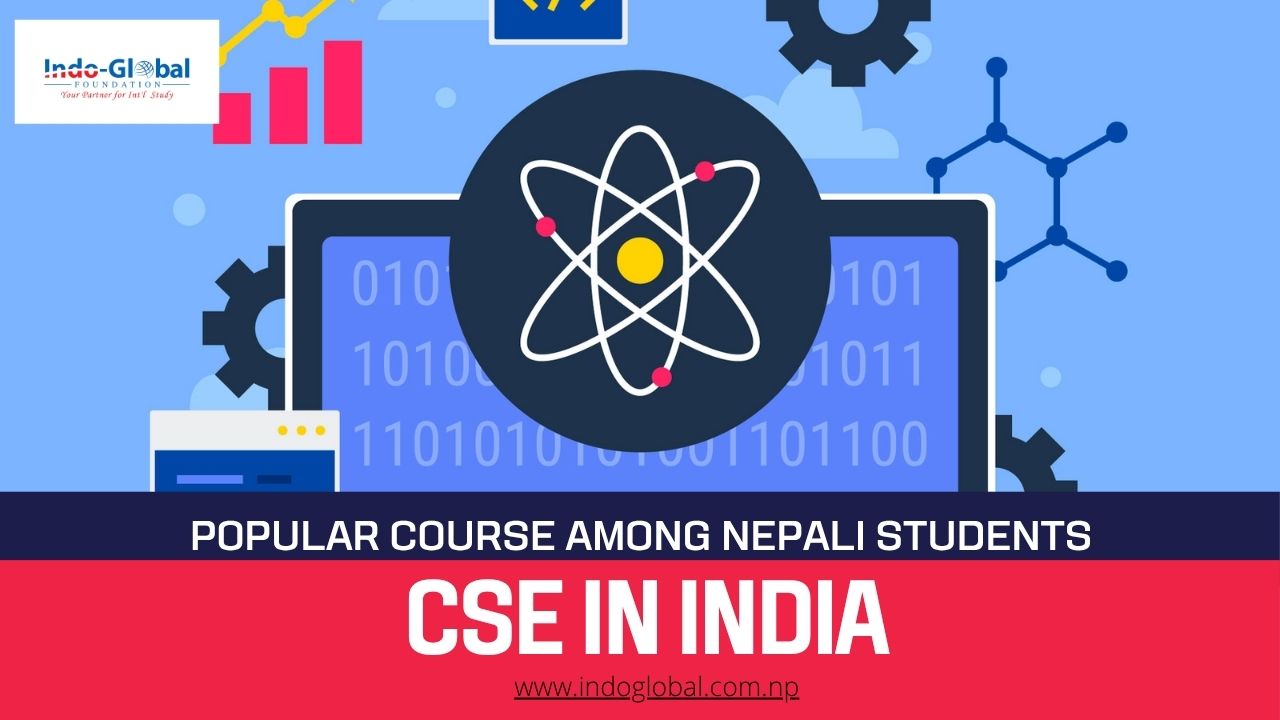Nursing has always been a respected profession, and in recent years it has become one of the most attractive career choices for Nepali students. Among the available options, General Nursing and Midwifery (GNM) has emerged as a course that not only provides direct access to the nursing profession but also opens doors to higher studies and global opportunities.
However, while the course itself is rewarding, a growing concern has surfaced in Nepal: many students are being sent to Indian colleges months before classes officially begin, leading to unnecessary expenses and stress for families. Understanding both the strengths of the GNM program and the pitfalls of rushing into admissions is crucial for students planning their future.
Why GNM Nursing Is a Strong Choice
The GNM Nursing program is a three-year professional course that trains students in patient care, midwifery, and essential healthcare practices. Its strengths include:
- Open to all streams: Students from any academic background—science, management, or humanities can pursue GNM.
- No competitive entrance exams: Unlike CEE or NEET, GNM admissions are based on eligibility rather than tough competitive tests, making it accessible to many.
- Recognized by Nepal’s UGC: The qualification is legitimate and carries recognition in Nepal, making graduates employable and academically secure.
- Bridge to higher studies: After completing GNM, students can continue with a 2-year post-basic nursing program, which grants them equivalency with B.Sc. Nursing.
- Pathway to international careers: A GNM certificate is valid for pursuing nursing studies or career opportunities in Australia, Canada, the UK, and the USA, countries where nursing demand is consistently high.
For Nepali students dreaming of a healthcare career, GNM is often the most practical entry point.
Why India Is a Preferred Destination for GNM
India has long been a favored study destination for Nepali students, particularly in healthcare. Some of the reasons include:
- Affordable education and living costs compared to Western countries.
- Proximity and accessibility, with cultural similarities that make adjustment easier.
- Well-recognized nursing colleges accredited by NAAC, NIRF, and NBA.
- Direct admission availability without the hassle of competitive entrance exams.
These factors make India one of the most cost-effective and career-oriented destinations for pursuing GNM.
The Current Problem: Students Being Sent Too Early
While GNM itself is an excellent course, the admission process in Nepal has recently been overshadowed by unhealthy consultancy practices.
Many consultancies, in their race to capture students, are sending them to India months before classes actually start. For instance, while most colleges plan to begin sessions after Dashain and Tihar, many students have already been sent away.
During this gap, colleges often enroll students in English or orientation classes, which are neither part of the official syllabus nor essential for professional training. This leads to:
- Unnecessary financial burden: Families must cover at least two months of additional tuition and living costs.
- Psychological stress: Students feel idle, unproductive, or misled when they realize classes have not started.
- Exploitation of vulnerability: Consultancies often play on parents’ fears that their child might “miss the chance” if they do not leave immediately.
This is not only financially damaging but also emotionally draining for families who are making significant sacrifices for education.
The Role of Consultancy Competition
The root of this problem lies in excessive competition among consultancies in Nepal. To secure admissions and commissions from colleges, some consultancies resort to:
- Spreading misinformation about limited seats to pressure families.
- Creating artificial urgency to push students abroad early.
- Neglecting students’ welfare, prioritizing quick enrollment over long-term benefit.
Such practices exploit the desperation of students and parents, many of whom are making life-changing decisions without proper guidance.
How Students Can Protect Themselves
Students and parents must remember that GNM is a three-year journey, not a race to leave early. Making informed decisions can prevent unnecessary losses. You should do research and think before taking admission in India. Here are key steps to follow:
- Research thoroughly – Check the accreditation of the college, the official academic calendar, and fee structure.
- Verify consultancy credentials – Work only with certified consultancies that prioritize student welfare.
- Avoid rushing – Admission is possible without leaving months in advance. Don’t let fear or rumors push you into early departure.
- Plan finances wisely – Save funds for actual academic needs instead of wasting them on unnecessary classes.
- Seek transparent counseling – Ask for clear, documented information rather than relying on verbal promises.
Final Note
GNM Nursing in India is undoubtedly one of the best opportunities for Nepali students who dream of a career in healthcare. It is affordable, recognized, and provides a solid foundation for both domestic employment and global migration pathways.
But while the course itself is strong, students must be cautious of consultancy-driven pressure that leads to unnecessary expenses and emotional stress.
The message is simple: don’t hurry, don’t fear, and don’t fall for misinformation. Take your time, do your research, and choose the right consultancy that values your future over quick profits.
A certified consultancy such as Indo Global Foundation advises students to focus on their long-term goals rather than rushing into early departures. With the right guidance, GNM can truly be the stepping stone to a fulfilling career and a brighter future.



















